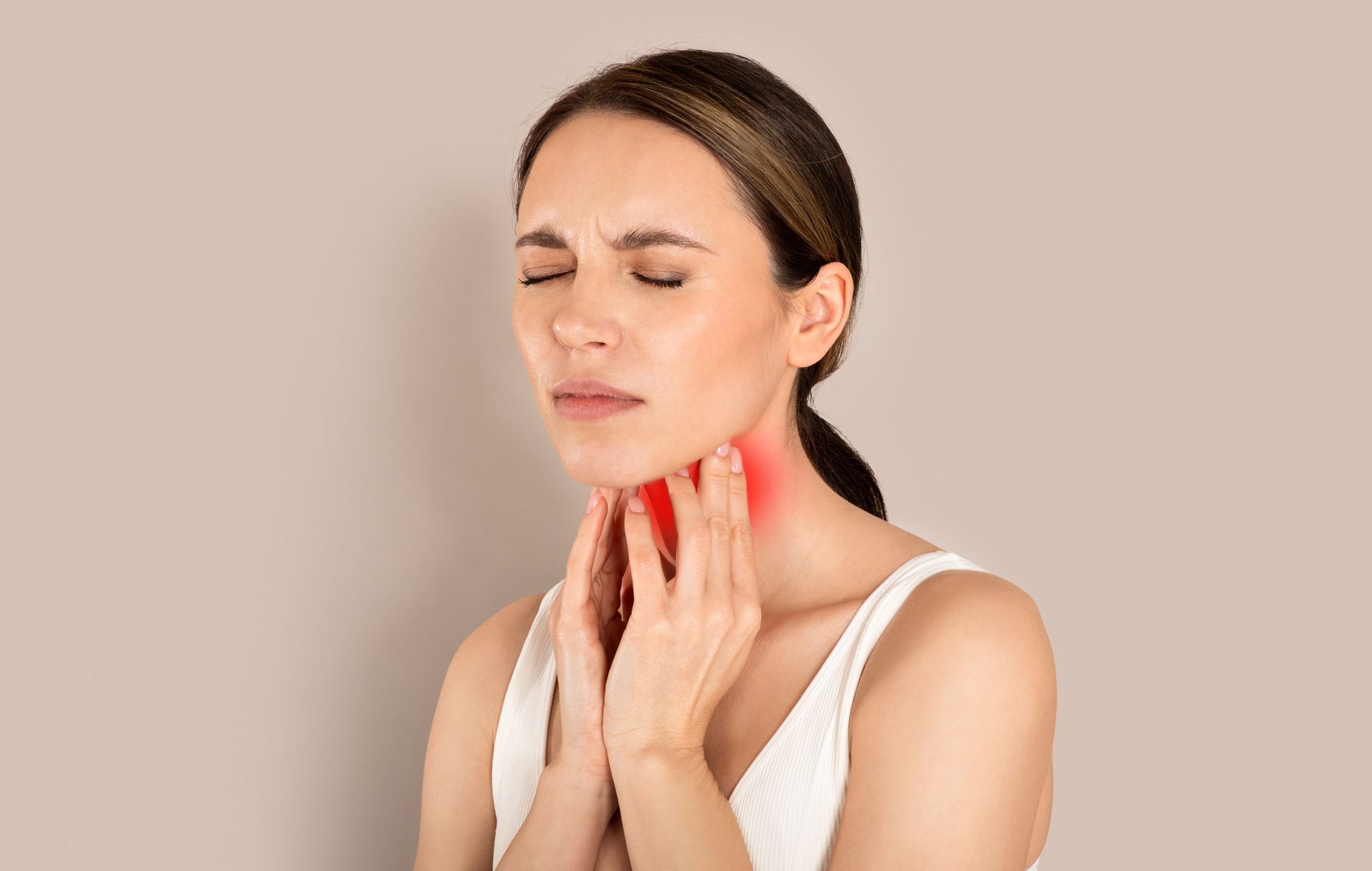Hormone Therapy
For women, the average hormonal imbalance causes a variety of known symptoms; the headaches, sleepless nights, sweats, PCOS and much more. Start with an initial blood exam and get your levels tested with us.
Monthly Subscription
Price is based off supplements needed.
Personalized Service
We ensure a plan that is tailored for you.
Membership Perks
Being a part of our HRT program has it's perks!

"Hormone Therapy has changed my life for the better."
K.B.
MashIt
"I was struggling with mental clarity for years, HRT brought me back."
M.S.
FabuFit
"The only thing I regret was not doing it sooner."
T.D.
YesSuits
BHRT and Progesterone Therapy
Progesterone provides those youthful, cheerful, calming, steady, well-balanced, and fertile features, primarily in women. In the past progesterone was regarded as simply the “pregnancy hormone” but research has proven its role to be much more expansive. Progesterone affects many tissues other than the uterus, including the urinary tract, heart, blood vessels, breasts, bones, hair, skin, pelvic muscles, and brain.
Want to test your hormone levels from home?
With the Dutch Plus, you can receive the kit, follow the simple instructions then send it out! We will receive your results and your first consultation is already included! We do virtual and in-clinic consultations and check ups!
01
Buy & Receive Kit
Once you purchase the kit on our shop, we will send it directly to you or you can pick it up in-clinic.
02
Follow the instructions to submit your samples.
Once you receive your kit, you will follow the instructions and submit them to get tested.
03
Send and Schedule
Once we have received your results we can schedule your initial consultation to begin developing your plan of care.
04
Consult + Plan of Care
In this consult, we can do virtual or in clinic meetings. With your results in hand we can give you better feedback on what the appropriate steps of action can be after discussing your day to day life and symptoms.
The DUTCH Plus® takes hormone testing to a whole new level. In addition to sex hormones and their metabolites, the DUTCH Complete™ looks at the overall diurnal pattern of free cortisol, and the total and distribution of cortisol metabolites. The DUTCH Plus® adds the Cortisol Awakening Response (CAR) to bring another important piece of the HPA-axis into focus.
What is the Cortisol Awakening Response and how do we test for it?
When we open our eyes upon waking, cortisol levels naturally begin to rise by an average of 50%. 30 minutes after waking, cortisol levels will still show this sharp increase. By 60 minutes after waking, cortisol levels have peaked and begin to decline. Measuring this rise and fall of cortisol levels at waking can be used as a “mini stress test”. Research shows that the size of this increase correlates with HPA-axis function, even if the sample measurements are all within range. A quick saturation of saliva swabs upon waking, and at 30 and 60 minutes after waking, provide what is required to assess a patient’s Cortisol Awakening Response.
What’s Included in the DUTCH Plus®?
The DUTCH Plus® uses four dried urine samples and five saliva samples. These samples are collected over the course of one day, from waking to bed time. The DUTCH Plus® report includes: Metabolites of Estrogens (10, including E1, E2, E3, 2-OHE1, 4-OH-E1, 2-OH-E2, 4-OH-E2, 16-OH-E1, 2-methoxy-E1, 2-methoxy-E2) , Androgens (8, including Testosterone, DHT and DHEA-S), Progesterone (2), Cortisol (3), Melatonin (6OHMS), 8-OHdG, and OATs (6). The diurnal pattern of Free Cortisol and Cortisone are also provided, including the Cortisol Awakening Response.
What is Progesterone?
Progesterone is produced primarily after ovulation by the empty egg sac. Therefore, if you don’t ovulate, you make much less progesterone. There are several other (less common) reasons for low or declining progesterone levels. These include high cortisol levels, certain synthetic chemicals that incompletely mimic and interfere with estrogen (xenoestrogens), and luteal phase defects in which you ovulate but still don’t produce an adequate amount of progesterone. All these scenarios lead to an imbalance between estrogen and progesterone. As discussed before all hormones, especially estrogen’s and progesterone are kept in a very tight critical balance in order for us to function and feel our best.
Signs and Symptoms of Low Progesterone May Include:
- Uterine fibroids
- Fibrocystic breasts
- Insomnia
- Weight gain
- Anxiety
- Fatigue
- Excessive menstrual bleeding
- Increased risk of breast cancer
BHRT and Thyroid
It is estimated that between 30% to as much as 80% of the population has some degree of low thyroid function (Hypothyroid). Even more unfortunate is that this imbalance, which affects so many aspects of health, is frequently either misdiagnosed, misunderstood, or completely overlooked. Hypothyroidism can be due to a genetic inheritance, menopause/peri-menopause, exposure to certain viruses, iodine deficiency, direct physical trauma to the thyroid gland, head trauma affecting the pituitary, autoimmune disease, or environmental toxins.
Common signs and symptoms of low thyroid levels:
Fatigue
Accelerated aging
Weight gain
Cold dry skin
Joint and muscle pain (even Fibromyalgia)
Constipation
Memory loss
Brain fog
Hair thinning/loss
If you have several of these symptoms you should schedule an appointment with New Era Wellness Center to further investigate the possibility of hypothyroidism and if so develop a treatment plan to get you feeling refreshed and energetic again.
Have Any Questions? Let Us Know!
Useful links
Contact info
210-437-2759contact@newerawellnesscenter.com
Business Hours
- Mon, Tue, Thu, Fri
- -
- Wednesday
- -
- Saturday
- -
- Sunday
- Closed

